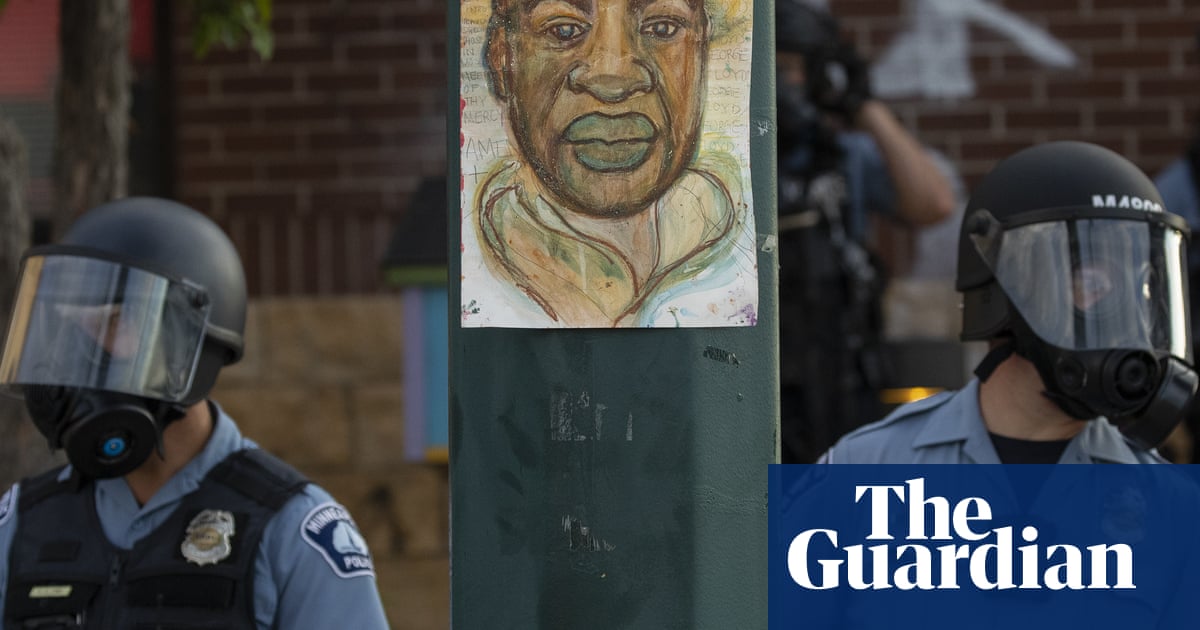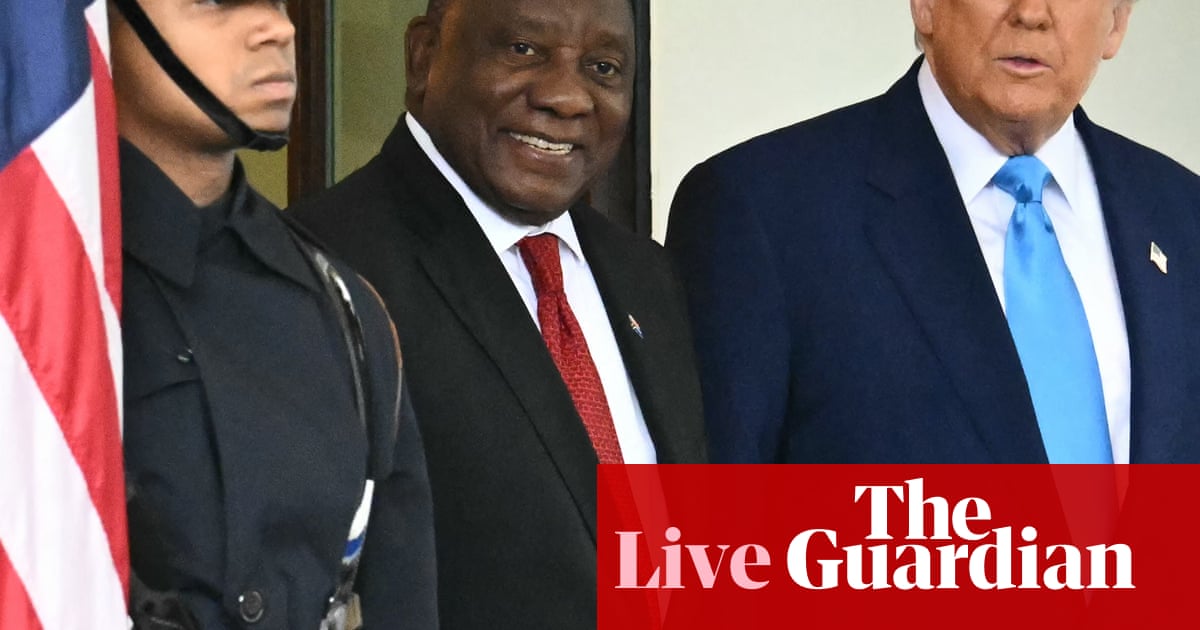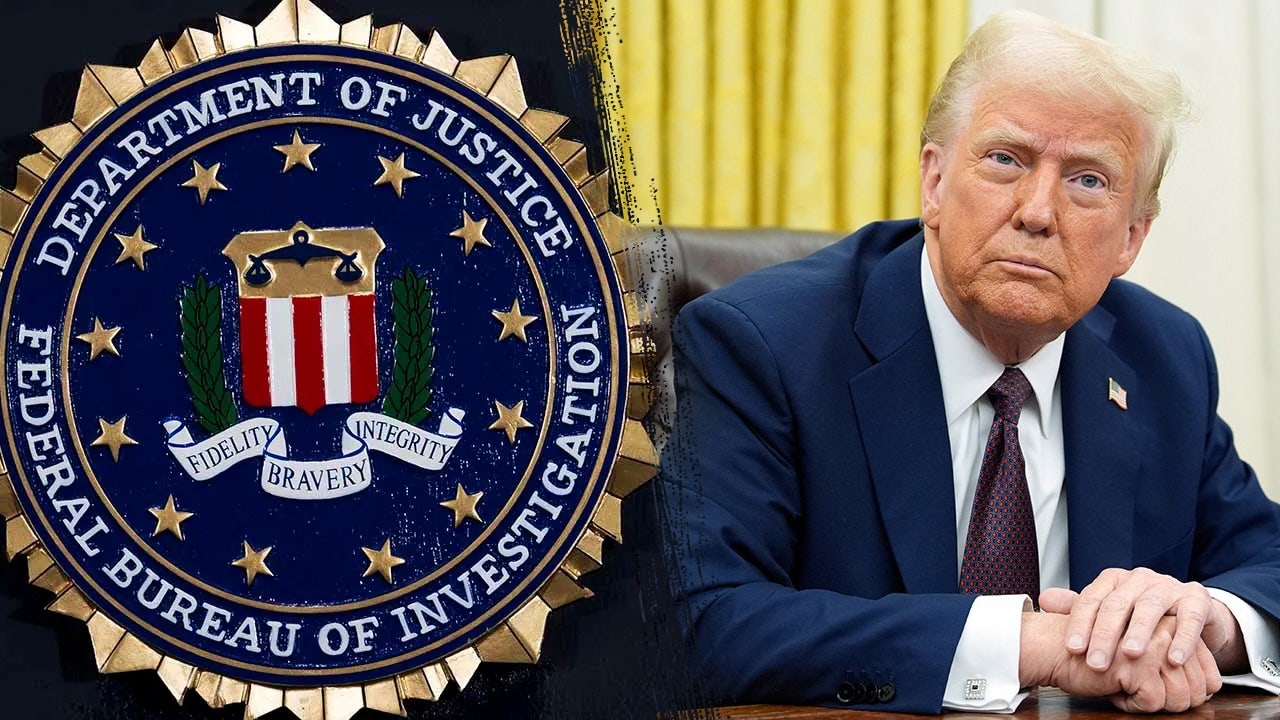DOJ Cancels Police Reform Consent Decrees in Minneapolis and Louisville
The DOJ has canceled consent decrees for police reform in Minneapolis and Louisville, reversing Biden-era agreements following high-profile police killings.
Subscribe to unlock this story
We really don't like cutting you off, but you've reached your monthly limit. At just $5/month, subscriptions are how we keep this project going. Start your free 7-day trial today!
Get StartedHave an account? Sign in
Overview
The U.S. Department of Justice announced the cancellation of consent decrees aimed at police reform in Minneapolis and Louisville, established after the killings of George Floyd and Breonna Taylor. This decision marks a significant shift from the Biden administration's approach, which emphasized federal oversight to address civil rights violations in policing. The DOJ also retracted findings from investigations into six other police departments, asserting that local control should take precedence. Despite the federal withdrawal, officials in both cities reaffirmed their commitment to reform, with Minneapolis continuing to operate under a state agreement for police oversight.
Report issue

Read both sides in 5 minutes each day
Analysis
- The articles express strong disapproval of the Justice Department's cancellation of police reform consent decrees.
- Concerns are raised about the negative impact on civil rights and accountability in policing.
- Advocates and former officials criticize the decision as a retreat from essential reforms.
Articles (17)
Center (10)
FAQ
The Justice Department's decision was influenced by a shift in oversight strategy, with critics arguing that federal intervention undermined local control.
The agreements were established following the police killings of George Floyd in Minneapolis and Breonna Taylor in Louisville, which sparked national outrage and calls for reform.
Yes, Minneapolis will continue reforms under a separate agreement with the Minnesota Department of Human Rights, while Louisville officials also reiterated their commitment to reform.
History
- 5M

 6 articles
6 articles













